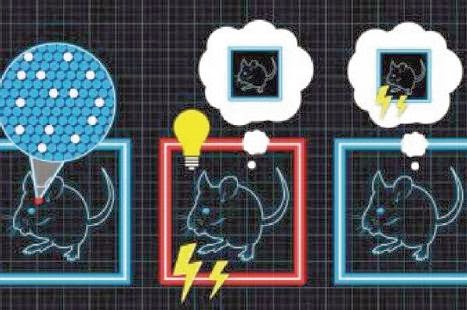Neuroimaging in the Courtroom

If just any picture is worth a thousand words, then how much weight should we ascribe to a picture of our own brain? Neuroimaging can be quite compelling, especially when presented in the media as evidence for neuroscientific findings. Many researchers have pointed out though that the general public may be too entranced by fMRI images highlighting which parts of the brain are activated in response to certain stimuli, such as your iPhone , high-fat foods , or even Twitter . Neuro-realism is the idea that attaching a brain scan to a scientific finding suddenly makes the conclusion more credible, and examples of this have populated the media and the scientific literature 1 . But, from where does this theory of “neuro-seduction” really stem and is there even ample evidence to support it? For the first journal club of the new semester Emory undergraduate student and AJOB Neuroscience Editorial Intern Julia Marshall along with Emory professor Scott Lilienfeld discussed the role that neuro...


